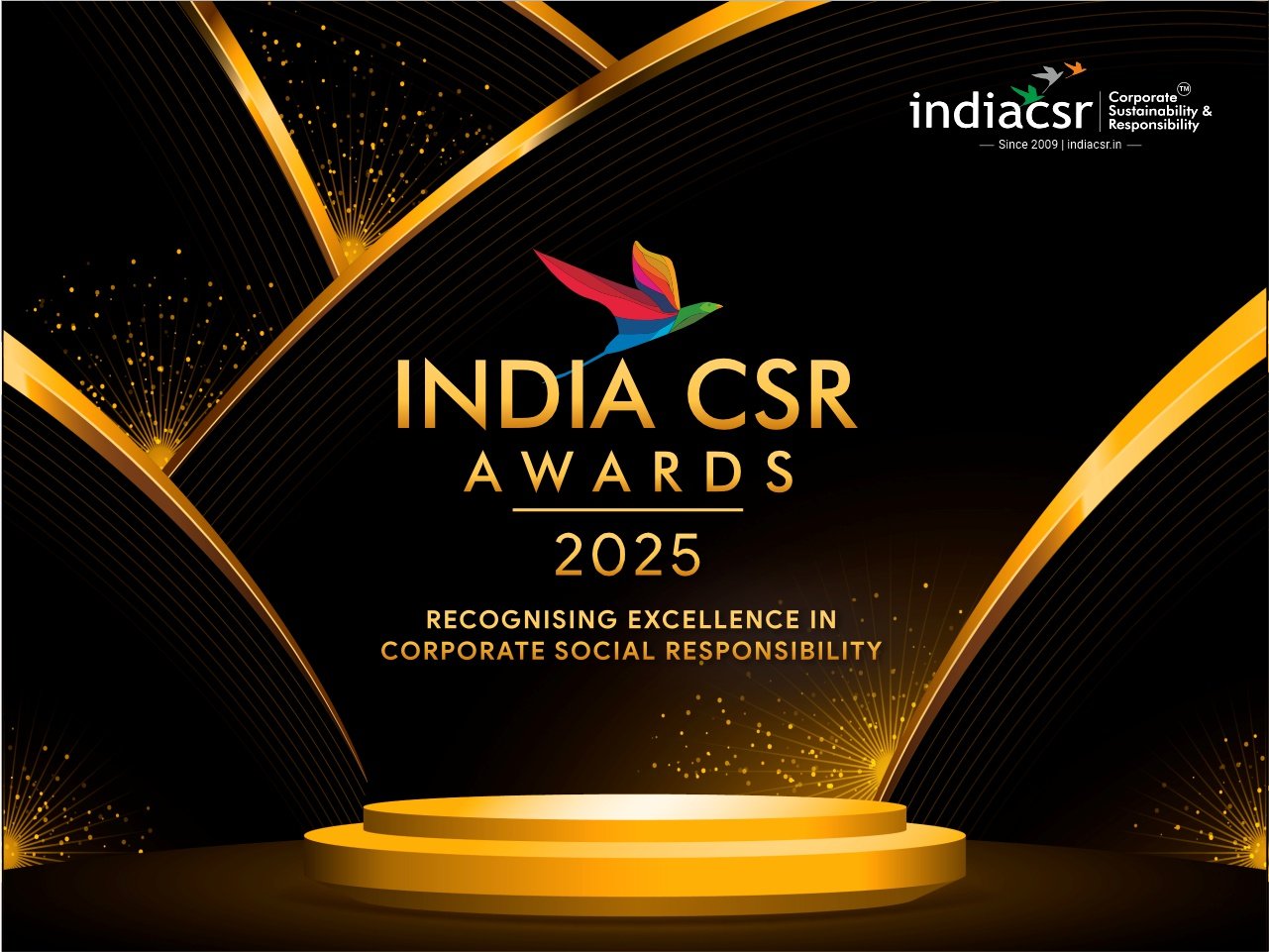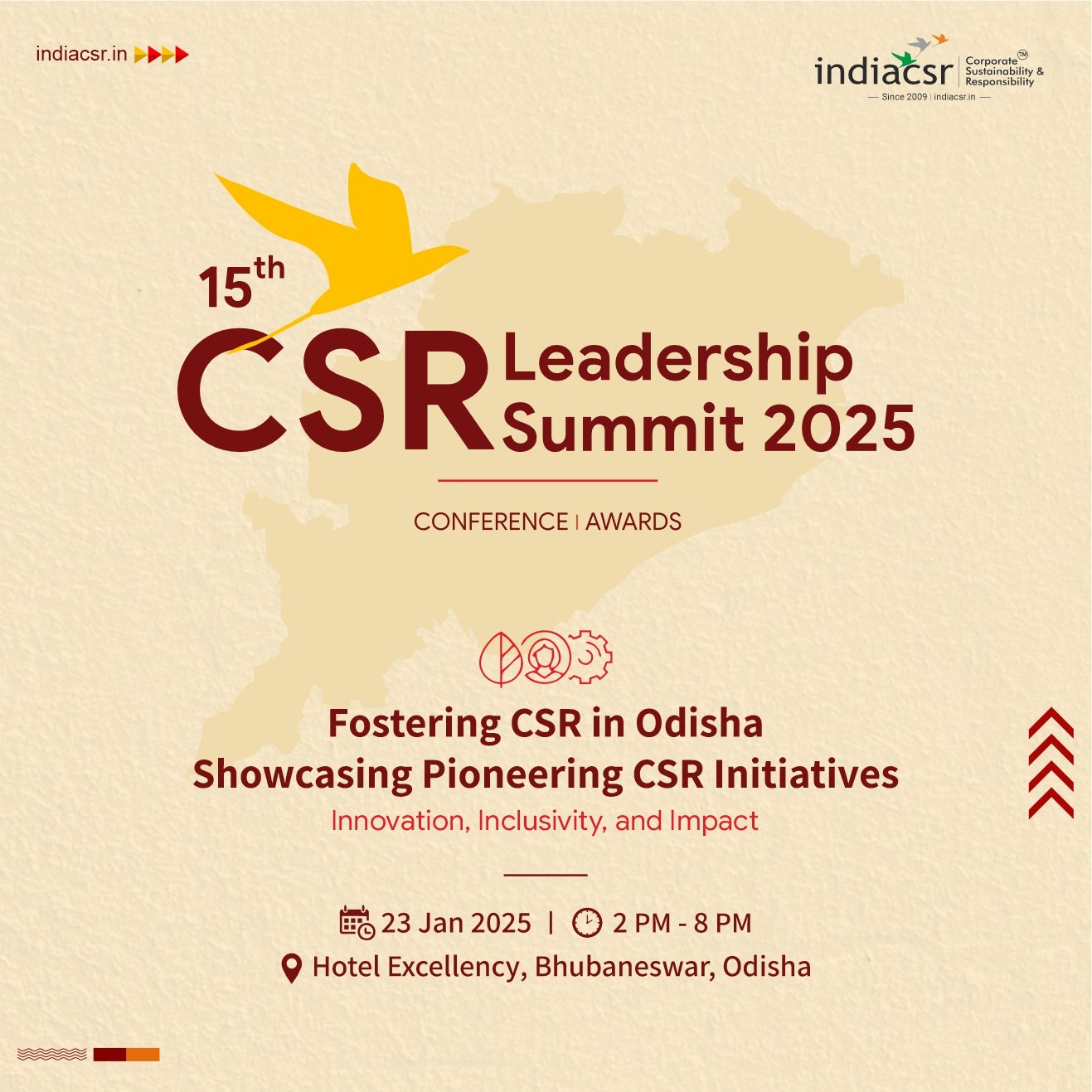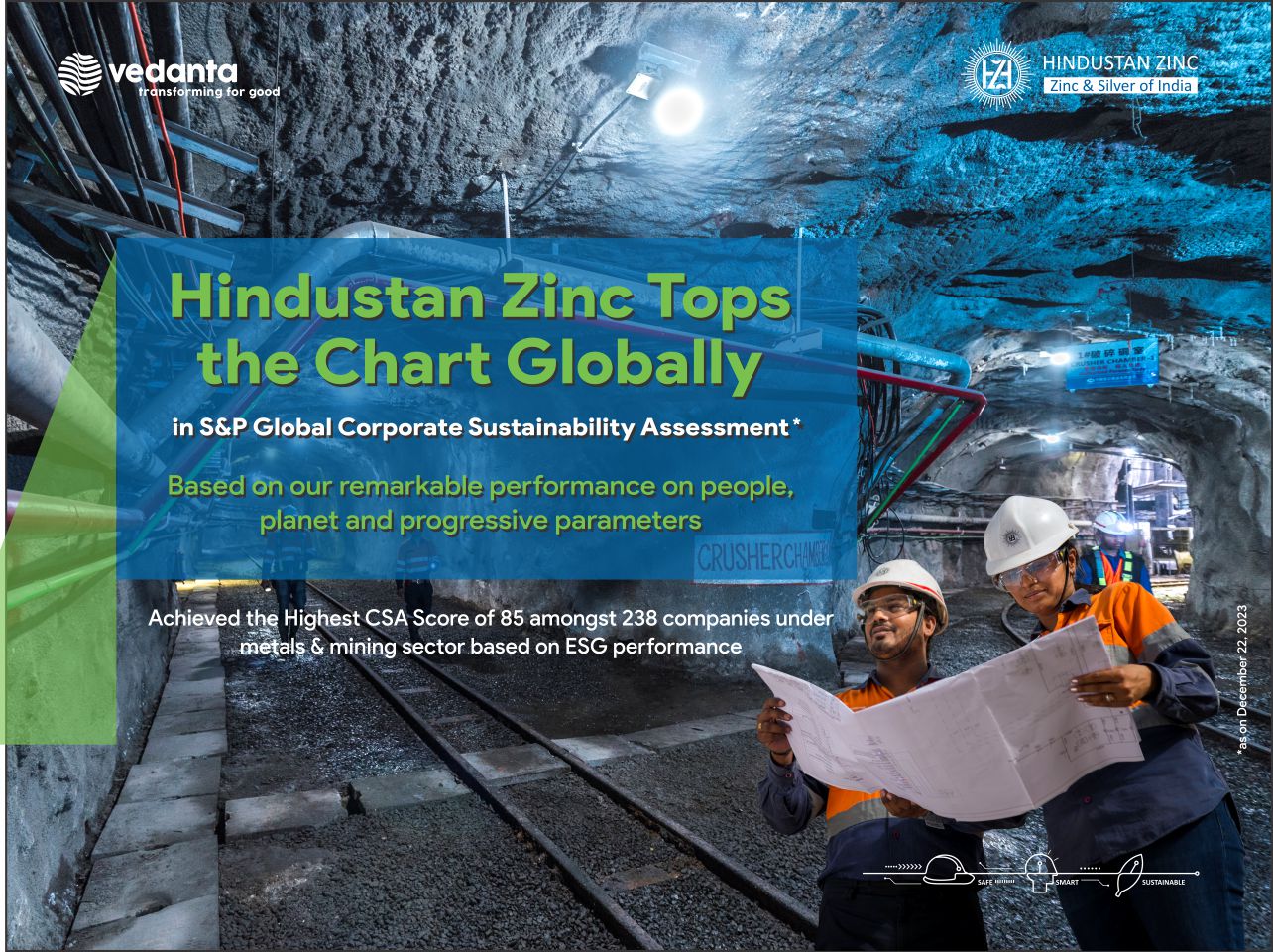Subscribe Monthly Magazine ‘CSR & Competitiveness’
Business families – they account for 85 % of businesses in India – have always had a tradition of ‘giving back to society.’ More often than not they look upon the corporate social responsibility (CSR) initiatives of their group companies – driven by wives, daughters, family retainers, or at times professionals – as their own giving.
 However, the traditional, time-tested way of supporting non-profits and bright ideas -simple grant making – is under stress and new ways of doing good are emerging. But the fact remains that many of these businessmen or families still do not find the motivation to give away portions of their individual wealth or give of themselves in meaningful ways.
However, the traditional, time-tested way of supporting non-profits and bright ideas -simple grant making – is under stress and new ways of doing good are emerging. But the fact remains that many of these businessmen or families still do not find the motivation to give away portions of their individual wealth or give of themselves in meaningful ways.
The traditional mould, however, is being broken by the likes of Azim Premji, Sunil Mittal, Shiv Nadar and a few others who are carving out large portions of their individual kitty for causes they champion.
By doing so, they not only free themselves from a restrictive corporate framework or pressures of all hues , they position themselves to innovate and work with unlikely allies, including the government, in ushering ‘system changes’ that have far- reaching impact. Their brand of philanthropy recognises the deeper set of issues that govern social inequities and they chip away at them systematically.
Look at the way Premji, working with governments, is addressing capacity building challenges of the government school system or the way Mittal is energising public- private- partnerships in education across northern India.
The work would fall under, what management guru Michael Porter describes as, ‘catalytic philanthropy.’ However, they are still minnows in their abilities to form game-changing, complex, hugely impactful cross-sector alliances and partnerships to address developmental issues. Bill & Melinda Gates are role models.
Traditionalists, still finding comfort in the CSR mould, will have to change because CSR itself is changing. It is no longer doing some good work with communities around industrial plants, or supporting some good causes.
CSR today is increasingly being deployed by companies in a structured way that finds resonance with company growth strategies – be it in areas of financial inclusion, education, healthcare, or livelihoods generation.
CSR is being intertwined with value chains of companies – from farms, suppliers, stakeholders, customers to potential or future consumers -leaving little leeway for the philanthropic whims of promoters. If they do want to indulge their unique philanthropic predilections they will have to dig into their own pockets.
The borders between philanthropy, CSR and even sustainability or the triple bottom line approach to business is therefore beginning to blur. A degree of fluidity is beginning to pervade across these functions.
Anand Mahindra of the Mahindra Group likes to believe that the line between sustainable business strategy and philanthropy will soon erode as ‘creating value for all stakeholders’ has to be the function of today’s businesses.
Business itself, the way it is operated, is expected to engender social good. He questions the view that businesses need to give back separately in the form of charity or CSR.
(Economic Times, 12 July 2013)






















